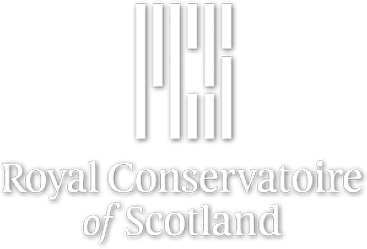Reflection and the Classical Musician: Practice in Cultural Context
Research output: Contributions to books, editions, reports or conference proceedings › Chapter › peer-review
Contributors
About
Reflective practice takes on a particular shape in classical music. The aim of this chapter is to identify some elements of classical music that distinguish it from other genres of music, and to consider how these elements may affect the kind of reflection in which classical musicians—and classical musicians-in-the-making—engage. The chapter, which is partly based on student practice diaries and interviews with professional musicians, argues that the distinguishing elements of classical music performance are a focus on interpretation, interest in following the composer’s intentions, concern about excessive demonstration of the performer’s ego, and a respect for the printed score as the ultimate repository of truth about the work. These elements seem to encourage musicians to frame their choices either with little acknowledgement of their own agency or in terms that reflect some tension between what they feel and what they perceive as the composer’s intentions. Much work remains to be done on the ways in which these self-abnegations or uncertainties play out, but by bringing their underlying ideologies to the surface young performers in particular could fruitfully harness as well as challenge them.
Details
| Original language | English |
|---|---|
| Title of host publication | Musicians in the Making |
| Subtitle of host publication | Pathways to Creative Performance |
| Editors | John Rink, Helena Gaunt |
| Publisher | Oxford University Press |
| Chapter | 12 |
| ISBN (print) | 9780199346677 |
| DOIs | |
| Publication status | Published or Performed - Dec 2017 |
